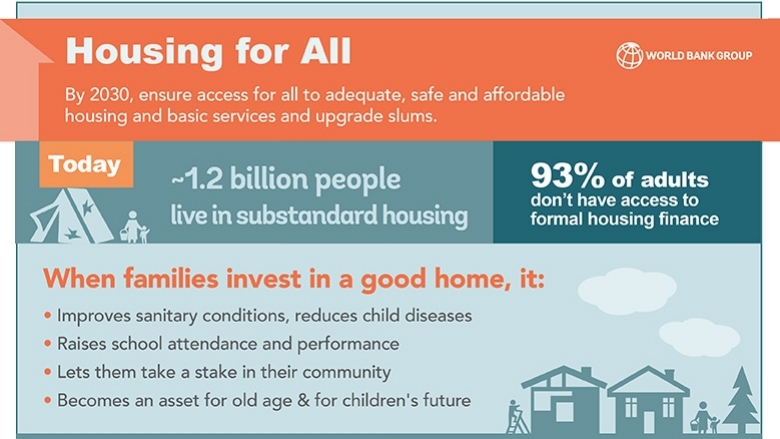Measures for Property Developers to Finance Affordable Housing Construction
The document titled “Measures Financing Affordable Housing Development” provides a comprehensive overview of various strategies and financial mechanisms employed to facilitate the construction of affordable housing. It focuses on the measures adopted by different countries to support property developers in creating affordable housing solutions for low- and middle-income households.
Overview of Affordable Housing Financing
Affordable housing is defined as housing that is affordable to individuals or families whose income is below a certain threshold, typically set at 80% of the median income in a given area. The document highlights the critical role that financial support plays in enabling developers to construct affordable housing units. Various forms of assistance are outlined, including grants, subsidized loans, tax relief, and access to subsidized land.
Types of Financial Measures
The document categorizes financial measures into several key types:
- Grants: Direct financial contributions from governments to support the development of affordable housing projects.
- Subsidized Loans: Loans provided at below-market interest rates to reduce the cost of financing for developers.
- Loan Guarantees: Government guarantees on loans taken by developers, which can encourage lenders to provide financing at more favorable terms.
- Tax Relief: Tax incentives designed to reduce the overall tax burden on developers who engage in affordable housing projects.
- Subsidized Land: Provision of land at reduced costs or free of charge to facilitate the development of affordable housing.
These measures aim to lower the financial barriers that developers face when constructing affordable housing, thereby increasing the supply of such units.
International Practices
The document reviews various international practices and frameworks that have been effective in financing affordable housing:
- Australia: The Affordable Housing Bond Aggregator (AHBA) operates by issuing bonds to raise funds for community housing providers, enabling them to access long-term financing at lower costs. Additionally, the National Housing Infrastructure Facility (NHIF) provides loans and grants to support new social and affordable housing projects.
- Canada: The Federal Lands Initiative allows for surplus federal lands to be transferred at little or no cost for use as affordable housing, promoting efficient land use while addressing housing shortages.
- United States: The Low-Income Housing Tax Credit (LIHTC) program incentivizes private investment in affordable rental housing through tax credits, significantly contributing to the development of new units.
Challenges in Financing
Despite these measures, several challenges persist in financing affordable housing development:
- Budget Constraints: Many governments face fiscal limitations that restrict their ability to provide adequate funding for affordable housing initiatives.
- Market Fluctuations: Economic downturns can impact the availability of private investment and increase construction costs, making it harder for developers to proceed with projects.
- Regulatory Barriers: Complex zoning laws and lengthy approval processes can delay project timelines and increase costs.
Recommendations for Improvement
To enhance the effectiveness of financing measures for affordable housing development, several recommendations are proposed:
- Streamlining Processes: Simplifying regulatory frameworks and expediting approval processes can help reduce delays and costs associated with developing affordable housing.
- Innovative Financing Models: Encouraging public-private partnerships and exploring alternative funding sources can diversify financing options available to developers.
- Enhanced Collaboration: Fostering collaboration among various stakeholders—including government agencies, private developers, and community organizations—can lead to more effective solutions tailored to local needs.
Conclusion
The document underscores the importance of robust financial measures in addressing the global challenge of affordable housing. By providing targeted support to property developers through grants, subsidized loans, tax relief, and other mechanisms, governments can stimulate the construction of affordable units. However, overcoming existing challenges requires ongoing commitment and innovation in financing strategies. The successful implementation of these measures not only helps alleviate housing shortages but also contributes to social equity by ensuring that low- and middle-income households have access to safe and stable living environments.

Further reading:
[PDF] Affordable Housing Financing – AWS s3
Housing for Pakistan (H4P) Initiative Addresses Affordable Housing Deficit | Facility for Investment Climate Advisory Services

